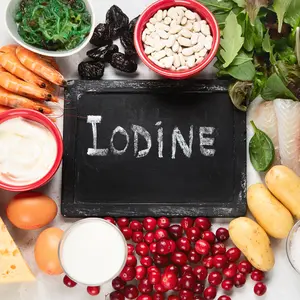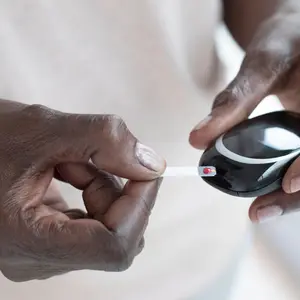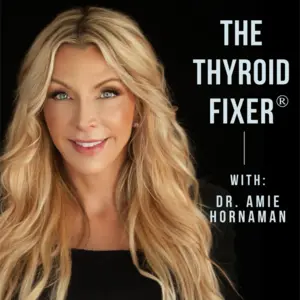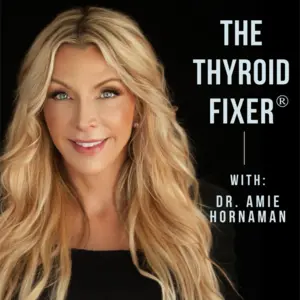

Functional Medicine

Functional Medicine
Gut Bacteria Connected to Autism
Autism Spectrum Disorder (ASD) is on the rise in the United States. The Centers for Disease Control and Prevention (CDC) report that 1 out of every 68 children is diagnosed with autism. Over the past five years, scientists researching causes of ASD have shifted their focus from the brain to the gut. With so many children being diagnosed with the disorder, time is of the essence and researchers have broadened their scope to examine the connection between gut bacteria and autism. Strides are being made to discover treatments for the gut to help those diagnosed with the condition.
Many factors have been found to play a role in ASD, including inflammation, environmental toxins, genetics, changes in the immune system, and changes to gut bacteria. What these conditions have in common is that they can affect the health of the gut, which results in changes that impact the brain and can manifest as ASD. Gastrointestinal symptoms are seen in as many as 70% of children who have been diagnosed with ASD.
A recent study published in Frontiers in Cellular Neuroscience, “The Gut Microbiota and Autism Spectrum Disorders,” by Qinrui Li, Ying Han, Angel Belle C. Dy, and Randi J. Hagerman, focused on the correlation between the central nervous system and gastrointestinal tract as it relates to ASD. The study explored the birth of subject children diagnosed with ASD in China, the Philippines, and the US. Whether a child was born vaginally or by cesarean section determines the bacteria that colonize his or her gut. Researchers gathered data to determine common factors among study participants and found several similarities. Certain factors present in the mother during pregnancy, including obesity, poor diet, and gestational diabetes, were found to result in a higher incidence of ASD.
The study went on to explore how children exposed to antibiotics during their first three years of life showed less diverse bacterial species and strains in their gut bacterial populations, which may contribute to a risk for ASD. Researchers also found that antibiotics taken by the mother during pregnancy might be a potential risk factor. Breast-feeding was associated with a decreased risk of developing the disorder, possibly because of its role in the newborn’s gut bacteria.
The study explored interventions like probiotics, prebiotics, and dietary interventions to reduce intestinal inflammation as therapeutic tools for treatment of ASD. One available treatment has resulted in improvements not only in gastrointestinal symptoms but in symptoms related to ASD. This involves transplanting human gut microbiota into the intestines of ASD patients.
Scientific findings that stress the importance of viewing ASD holistically, as opposed to solely as an issue of the brain, are breaking new grounds in ASD research. Studies clearly show that changes in the balance of gut organisms are common in ASD. With 1 in every 42 boys and 1 in every 189 girls currently being diagnosed with autism, finding effective treatments is crucial. As scientists better define their ability to therapeutically manipulate gut organisms, there is hope for making a substantial positive impact on ASD
REFERENCES
David Perlmutter MD. (2017, June 15). Autism and gut bacteria: Hope moving forward? https://www.drperlmutter.com/autism-and-gut-bacteria-hope-moving-forward/?


 By
By







